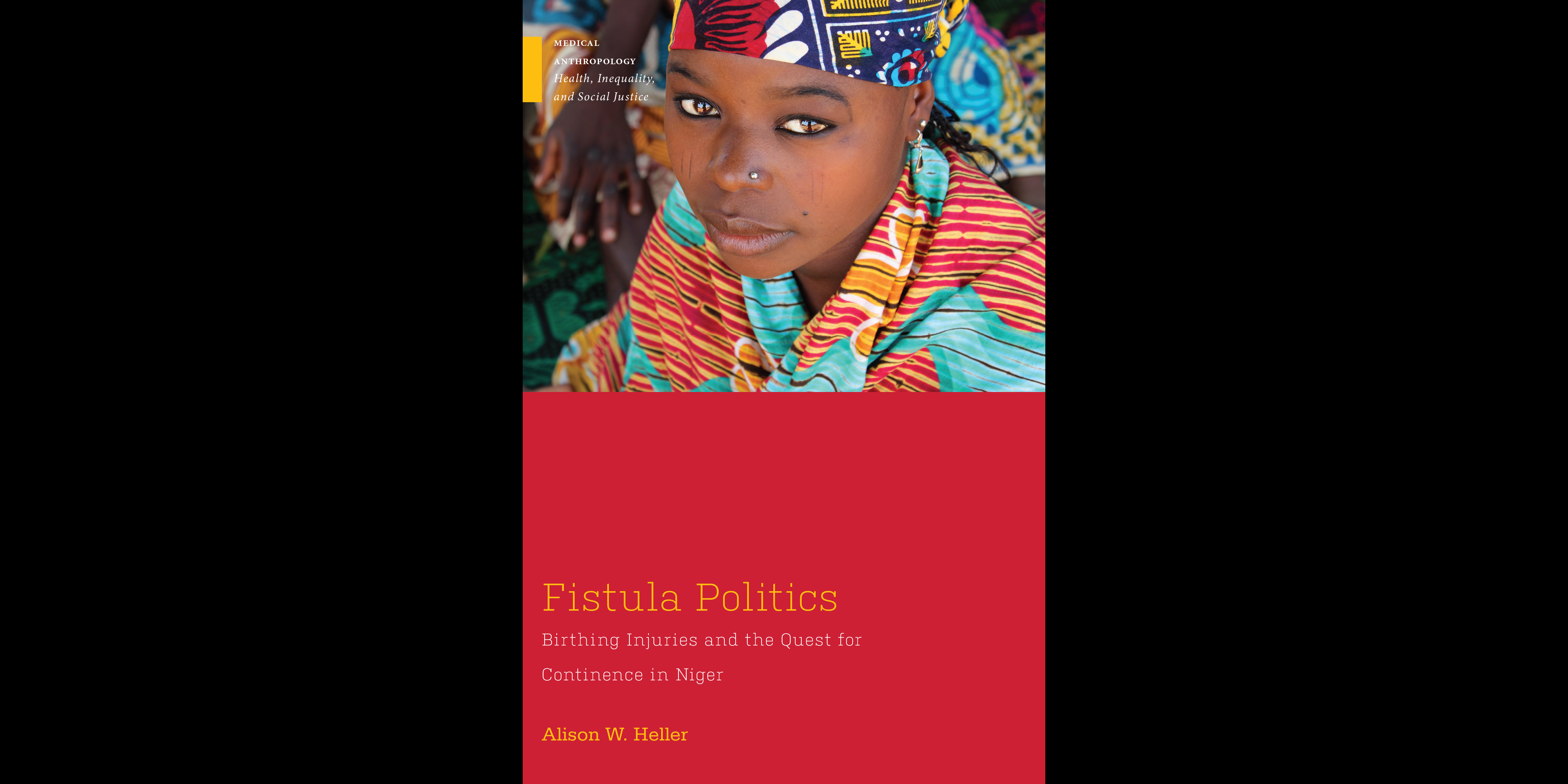Fistula Politics: Birthing Injuries and the Quest for Continence in Niger
Obstetric fistula is a birthing injury caused by prolonged obstructed labor that results in urinary and fecal incontinence. It is nearly non-existent in the Global North. In contrast Niger, in West Africa, has one of the highest rates of fistula in the world. In Western humanitarian and media narratives, fistula is presented as deeply stigmatizing, resulting in divorce, abandonment by kin, exile from communities, depression and suicide. In Fistula Politics, Alison Heller illustrates the inaccuracy of these popular narratives and shows how they serve the interests not of the women so affected, but of humanitarian organizations, the media, and local clinics.
“Alison Heller has transformed the discourse on fistula with her brilliantly detailed ethnography of the lives of affected women in Niger. Fistula Politics is an inspiring account of the real lives of determined women facing the hardships of birthing injuries: pregnancy losses and social suffering, persistent wetness and months-long waiting for treatment in the context of ‘regional poverty’ and mismanaged care. Transformed my understanding! Truly brilliant!”
(Ellen Gruenbaum author of The Female Circumcision Controversy: An Anthropological Perspective)
“Most of us know the ‘fistula narrative,’ a story of innocent girls who suffer the dreadful consequences of early childbearing and can be saved through a simple biomedical intervention. Ali Heller’s evocative and meticulously empirical book reveals the complexities that this sensational narrative fails to capture. The alternative accounts told here raise vital questions about fistula’s true causes, consequences, cures, and costs—and about the marketing of humanitarian biomedicine.”
(Claire L. Wendland author of A Heart for the Work: Journeys through an African Medical School)
